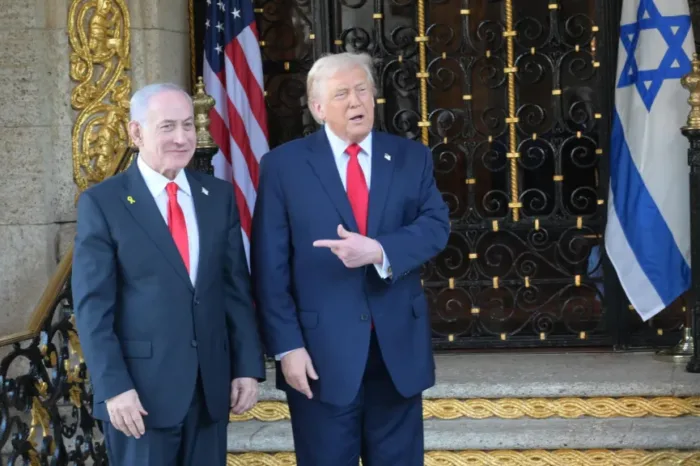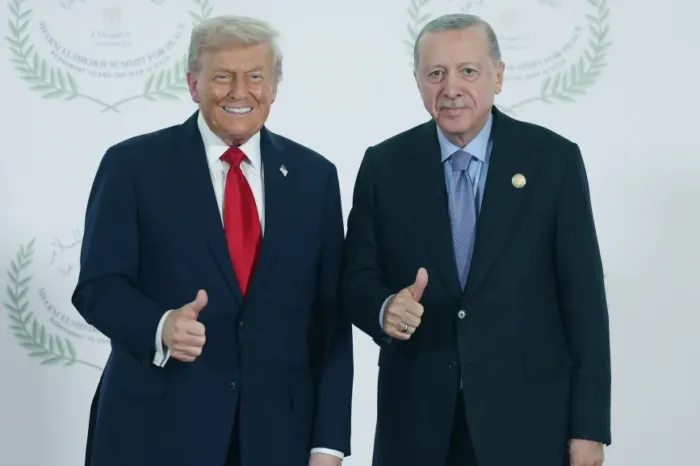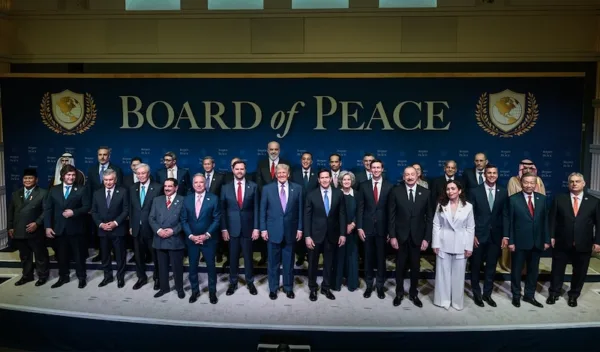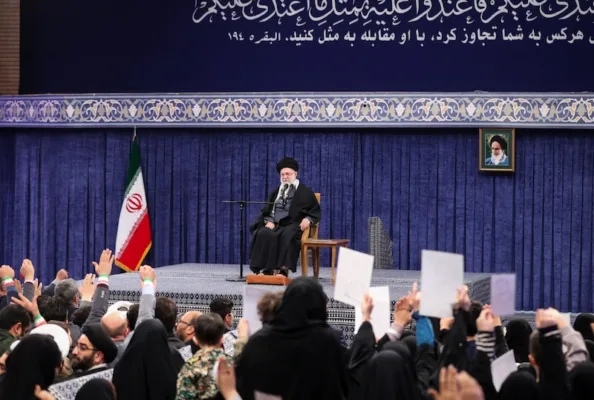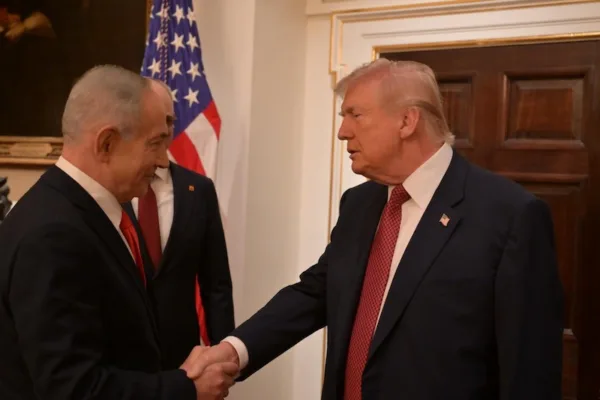Turkey and the U.S.: The Longest Two Years of the Relations

This paper explores the ups and downs of Turkish-American relations since 2003 and seeks to explain why these last two years have brought serious strain on the Ankara- Washington relationship. U.S. inaction in Syria, in particular, has left Turkey with the perception that Washington is insensitive to Ankara’s national interests and national security concerns. This inaction and failure to acknowledge the coup in Egypt have put in danger the potential for a shared vision between the two countries in regards to the most significant problems in the Middle East. In this paper Kanat stresses that the further deterioration of bilateral relations between Turkey and the U.S. can only be prevented through the formation of a multidimensional and multilayered relationship that takes into consideration the interests of both countries.
Turkish-American relations have come under the spotlight again, with newspaper articles and think-tank analyses, published mainly out of Washington, about the future between these two countries. Turkey is once again accused of not giving enough support to Washington’s policies, particularly in the Middle East, and of trying to pursue separate and alternative policies on regional developments, and is being called to task for criticizing the foreign policies of Western nations, maintaining its relations with countries that are not on good terms with Washington, and behaving as if it is not a NATO ally. This kind of discourse – which airs more frequently when Turkish-American relations are tense, and when there are differences between the national interests of these two countries, differing views about the priority of threat perceptions, and discrepancies in their visions of the Middle East – sounds quite familiar now. To date, however, this kind of discourse has more frequently contributed to the deepening and expansion of problems rather than helping the two countries to resolve their misunderstandings and settle the problems between them. Most of the time, political power in Turkey has been singled out as the main factor behind the instability of relations. As a result, the argument that conflicts and problems between the two countries will be removed by isolating, abandoning, or punishing the political power in Turkey have become a dominant theme in these analyses and articles. Over the last twelve years, this tone has not helped bilateral relations to stabilize. Trying to explain bilateral issues concerning regional policies, with reference to developments in Turkey’s domestic politics, these analyses have virtu- ally become a source of ‘external opposition’ with their reductionist approach, and at the same time, have shared the impasse of the domestic opposition. This paper argues that domestic analyses of Turkish politics may not provide the most accurate description of the state of bilateral relations between the two countries.


